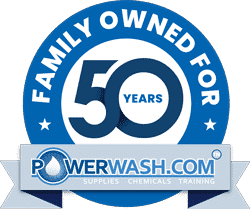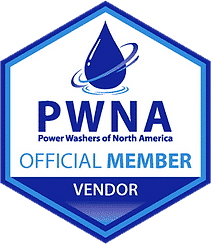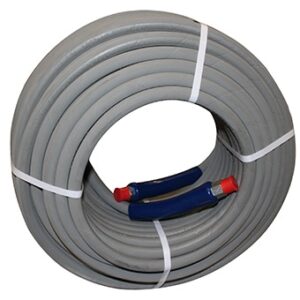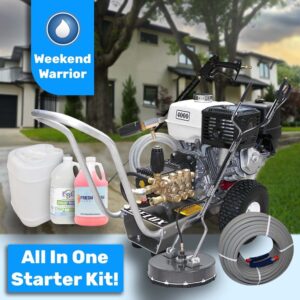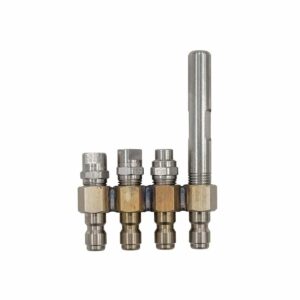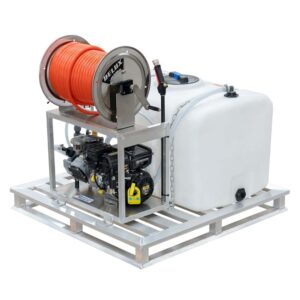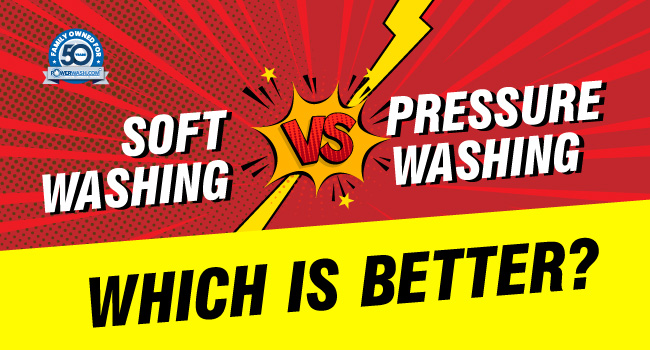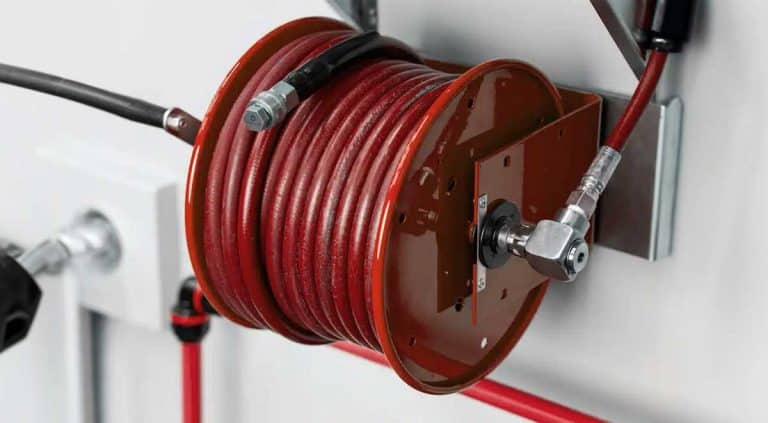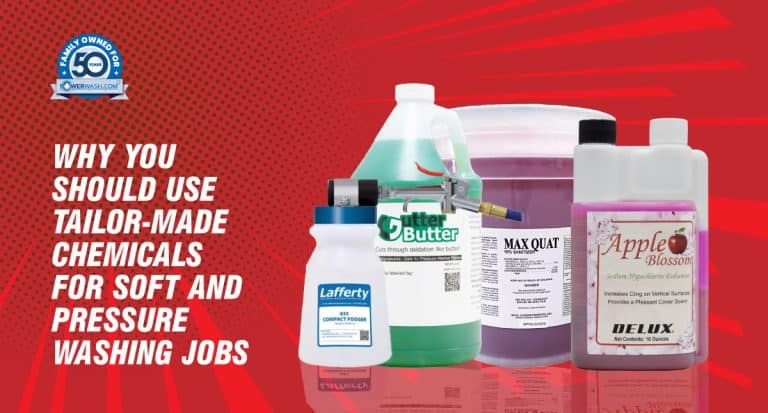Pressure washing for profit can be lucrative, but you must understand your costs before you can determine how much to charge. Charge too much and you will have a hard time finding customers; charge too little and you will have plenty of business but nothing in your pocket.
A common strategic error made by start-up owner-operators is to underbid the competition. The rationale is: offer a low price in the beginning to attract new business. After all, some work is better than no work. Right? Unfortunately what history has demonstrated time and again is that this mistake costs the business owner business in the long run – because eventually the owner-operator has to adjust his pricing higher, usually much higher, and as a result he typically then loses most, if not all, of his initial clients, clients that were accustomed to paying the lower rates.
Starting and building a profitable business starts with hitting the right balance for setting how much to charge as an hourly rate. The key to doing this is methodically taking business-related variables into consideration.
In the beginning it may seem that charging $35/hour is making good money. However, what causes many new pressure wash contractors to eventually fail is they do not grasp the reality that not all of that $35/hour is going into their pocket.
So, if the $35/hour isn’t going directly into your pocket, where is it going? As a business owner you need to be keenly aware of the “costs of doing business” because this is the invisible hole where most of the money goes.
Let’s sit down and take a hard look at the costs involved in pressure washing for profit. This will guide us to setting realistic and sustainable hourly rates.
The readily identified factors include the cost of supplies, transportation, rental space for the business, and a payment on the loan we took out for our new equipment and vehicle. If we add these monthly bills up we should have a good idea of what our expenses are; and once we know what our expenses are then we know how much we need to charge.
Oops, as it turns out, though, these are not the only costs of doing business, and not by a long shot. What may not be immediately apparent to a new business owner is the amount of time spent on the business that will not be billed directly to customers. As the owner-operator of a power washing business you have to make phone calls to set appointments, you have to take time to visit homes and meet clients, and you have to take time to work up quotes. You even need to take into account the time necessary to load and unload supplies at job sites. All this essentially unpaid time needs to be folded into the equation when it comes to determining how much our hourly billing rate needs to be to turn a profit.
A good starting point begins with a breakdown of the monthly costs listed above divided over the number of hours for which you will actually be able to charge your customers. As an owner-operator you could spend eighty hours per week working on your business, but you might only have 30 paid hours of work per week for 50 weeks in a year. These are the hours that you spend on jobsites performing cleaning services.
So, we multiply 30 hours per week times 50 weeks per year to get 1,500 billable hours per year. Then we divide 1,500 by 12 to get an average of 125 billable hours per month. Let’s start adding up the bills and what we will need to charge per working hour to cover monthly expenses.
-
- Advertising and marketing costs of $600 per month. Divide that by 125 to get $4.80 an hour.
-
- Phone and internet services of $150 per month. Divide that by 125 to get $1.20 per hour.
-
- If you are renting shop or office space at $900 a month, that requires another $7.20 per hour.
-
- Cleaning supplies of $400 is equal to roughly $3.33 an hour.
-
- One equipment or vehicle loan of $400 is equal to $3.33 per hour.
-
- Vehicle insurance of $125 is equal to $1.00 per hour.
-
- General liability insurance of $75 is equal to $0.60 per hour.
-
- Gasoline costs for vehicles of $500 per month are equal to $4.17 per hour.
-
- The cost to run equipment can vary, but if you are including maintenance and fuel $10 per hour is a good estimate.
These major and minor costs have already added up to almost $36 per hour and you haven’t even paid yourself yet – or made any money to put back into the business or pay taxes!
Let’s start to calculate what our 30-hours of workable time should be billed at if we want to start pressure washing for profit. If you would like to make a salary of $60,000 a year, and have money to put back into the business, and keep current on your taxes then you should break that desired salary down to a weekly amount. So, based on 50 weeks worked per year and 30-hours work per week $60,000 is roughly $40 an hour. ($60,000/50 weeks = $1,200/week. $1,200/week / 30/hrs/week = $40/hour.) Then plan for $20,000 to cover business growth and taxes, which equals about $13.30 an hour. We already know that the costs mentioned above have added up to $36 per hour, so add these together for a total of roughly $90 an hour ($36 + $40 + $13.30 = $89.30).
Determining how much to charge is a lot of work, but this up-front effort will enable you to have a clear picture of what your financial benchmarks are and how to evaluate your true profitability and sustainability.
